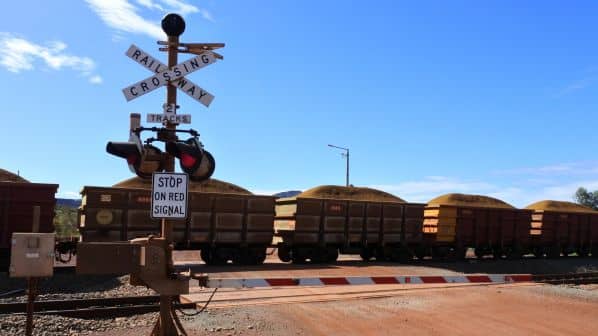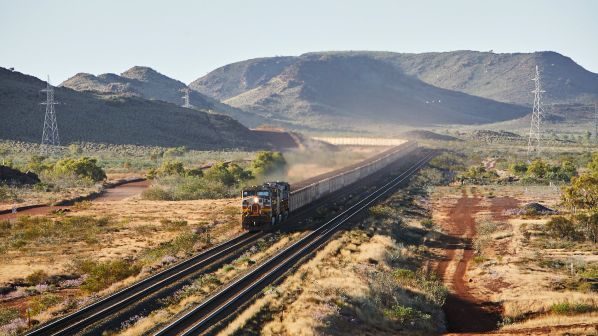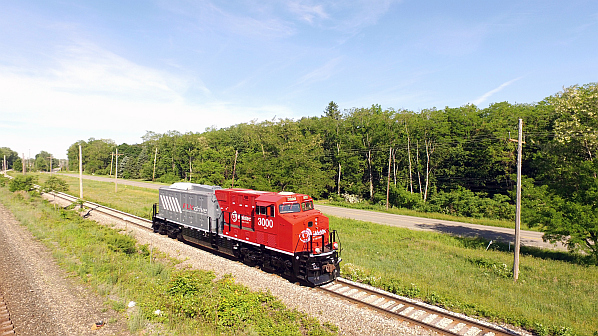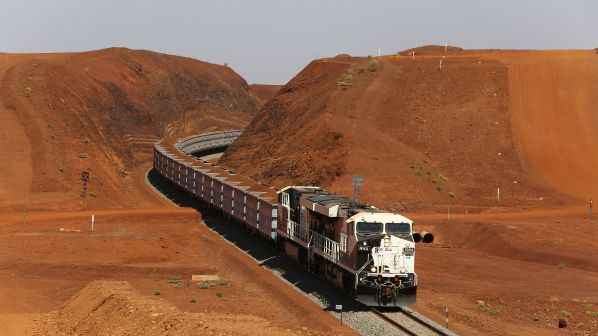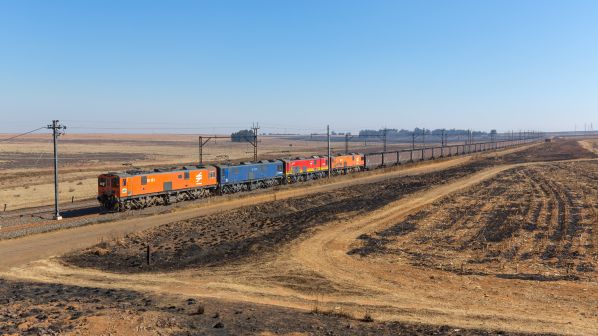MINING giant Rio Tinto has announced it will partner with Gemco Rail to begin manufacturing iron-ore rail wagons and undertaking bearing maintenance in Western Australia’s Pilbara region for the first time.
The partnership will enable Gemco Rail to establish the first wagon manufacturing and maintenance facility in the Pilbara. Rio Tinto expects to invest approximately $A 150m ($US 102.2m) to purchase 100 locally-built wagons over six years as well as continued investment in bearing refurbishment over 10 years, to support the company’s Pilbara operations.
The first 40 wagons will be built at Gemco Rail’s existing facility in Forrestfield, near Perth, while the company establishes an additional facility in Karratha. Once this new facility is operational, Gemco Rail is expected to build an average of 10 wagons per year, replacing ore cars as they are retired from Rio Tinto’s existing fleet. The new Karratha facility will also support the supply of new and reconditioned bearings from the Pilbara in an industry-first.
The partnership has been developed by Rio Tinto, Gemco Rail and Qiqihar Railway Rolling Stock (QRRS) and supported by the Western Australian State Government.
The first wagon is expected to be delivered in 2024 and the Karratha-based facility is expected to be established by the end of 2024, subject to the availability of a suitable property.
The new Karratha facility will reduce the need to transport wagons and bearings between the Pilbara and Perth, removing an estimated 150 truck journeys from roads and 300 tonnes of CO2 each year.
“We’ve taken our original scope to build iron-ore cars in Western Australia and enhanced it to see the construction of ore cars in the same region as our operations,” says Rio Tinto Iron Ore chief executive, Mr Simon Trott. “This will bring a new industry to the Pilbara, creating jobs and providing more opportunities for local and Indigenous businesses.”
Rio Tinto operates about 14,000 ore wagons across its Pilbara rail network, and orders 10 new iron-ore wagons each year on average. Each wagon can hold an estimated 118 tonnes of iron-ore.
The partnership was welcomed by the Australasian Railway Association (ARA), which said it is a significant milestone for local manufacturing and the environment.
“This commitment sets a new standard in support for local manufacturing and local content and will lay the foundations for more partnerships to increase Australian capability in the future,” says ARA CEO, Ms Caroline Wilkie. “One of the ARA’s key missions is to increase the sustainability of the rail sector and this deal is also a perfect example of how we can reduce emissions by localising key manufacturing and maintenance in the rail supply chain.”
